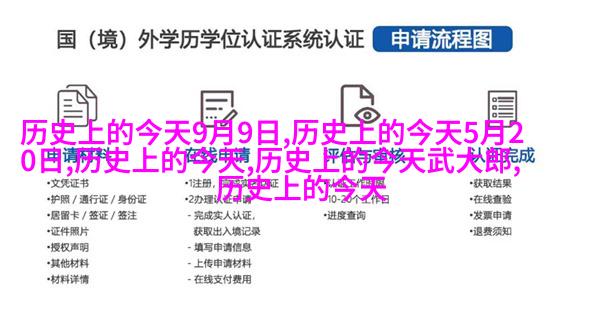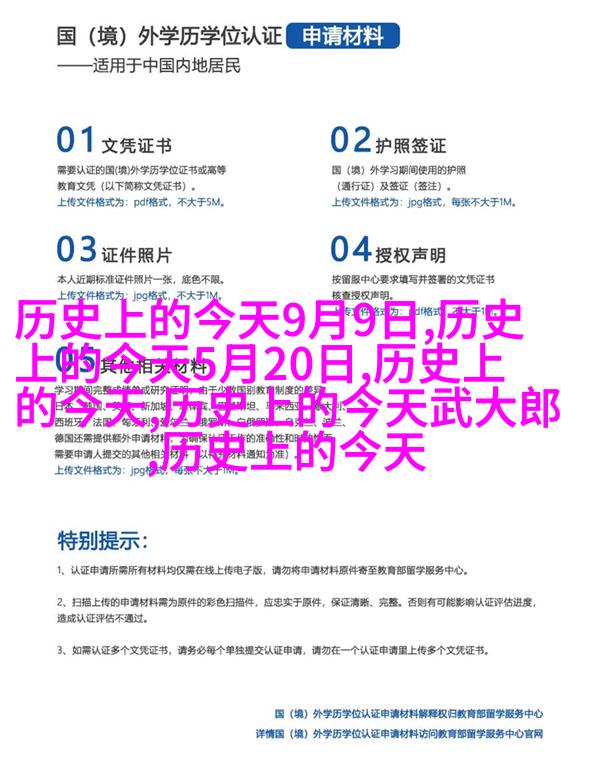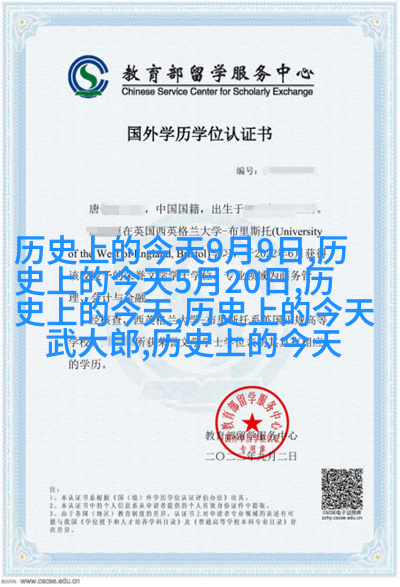历史上的今天9月9日,中国民众是如何回应外国侵略?

在1920年代的东北地区,日本帝国正寻求扩张其影响力。为了实现这一目标,它策划了一个名为“九一八事变”的阴谋。这场事件不仅标志着中日关系的一个转折点,也为中国近代史上的一系列重大事件奠定了基础。
为什么日本会选择这个时刻发动攻击?

日本政府长期以来一直对中国东北地区怀有占领之心。由于当时的国际形势和国内政治环境,为了一次性地解决问题,日本决定采取军事行动。在没有受到有效制约的情况下,Japanese Kwantung Army(关东军)在1931年9月18日晚上10点左右,在沈阳附近的柳条湖爆破了一段南满铁路,这一行为被视为“九一八事变”的直接导火索。
发生了什么样的冲突?

随着事件的迅速发展,Japanese Kwantung Army开始向周边城市进攻,并迅速控制了整个辽宁省和吉林省的大部分区域。此举触发了广泛而深远的后果,不仅引发了全面的抗议活动,还促使其他国家开始介入,以维护它们在亚洲的地缘政治利益。
国际社会是如何反应的?

面对不断加剧的情势,全世界都注意到了这一切正在发生的事情。各国政府、媒体以及公众舆论普遍谴责这次攻击,但实际上却很难阻止它。当时国际秩序仍然由强权国家主宰,而多数国家并没有足够的手段或意愿去干预这样的局面。
**中国民众是如何反响的?

China's Response to the Japanese Invasion
The Chinese people, however, were not passive in the face of this aggression. They organized protests and boycotts against Japanese goods, calling for resistance and unity. The government also tried to rally public opinion against the invaders, but it was a difficult task due to internal power struggles and limited resources.
Despite these challenges, China managed to mobilize its citizens on a large scale. The famous "September 18th Movement" emerged as an important turning point in Chinese history. It marked the beginning of a long period of struggle between China and Japan that would last until the end of World War II.
In conclusion, September 18th Incident had profound impacts on both domestic politics within China and international relations across Asia. This event showed how one nation's military expansion could lead to regional instability while also highlighting the resilience of another nation's people in resisting such actions.
As we look back at this momentous day in history today, we can reflect on its lasting implications for world affairs.
Historical Significance Today: Lessons from September 18th Incident
Today marks an important anniversary - September 18th Incident - which serves as a reminder of past conflicts that continue shaping our world today.
As nations navigate complex geopolitical landscapes with ever-increasing tensions between them,
it is crucial that we learn from history so as not repeat past mistakes.



